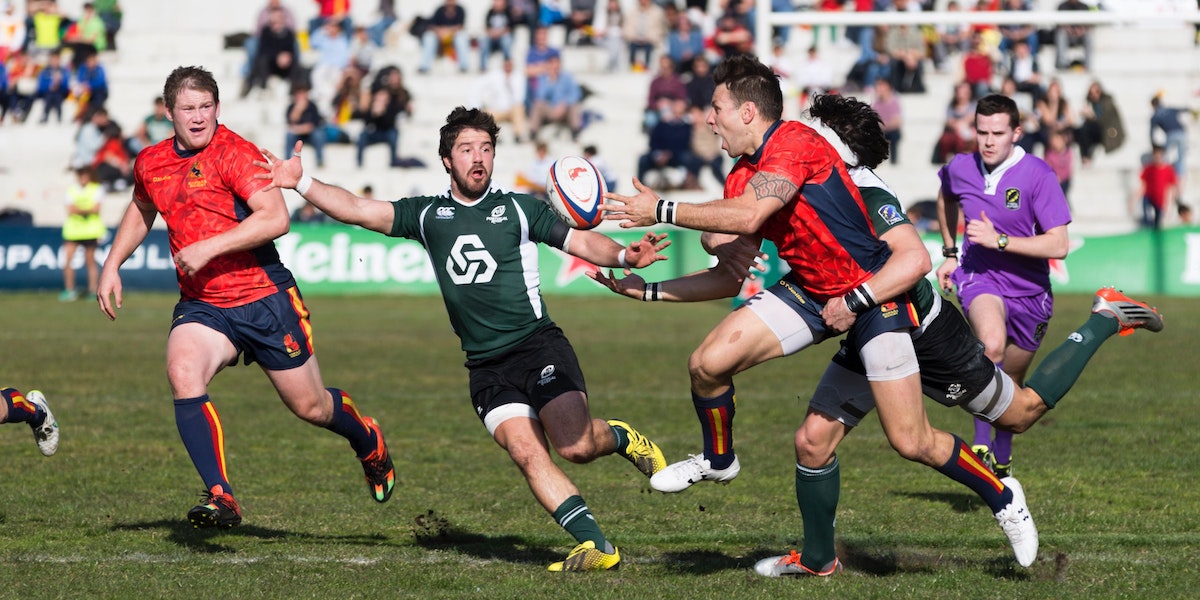The anterior cruciate ligament (ACL) is one of the four main ligaments in the knee. It binds the back of the thigh bone (femur) to the front of the shin bone (tibia). If the ACL is damaged the knee becomes unstable and may feel like it is “giving way”. An ACL injury is very common and mostly occurs in sports that involve a pivoting (twisting)action of the knee such as skiing, football, netball, soccer, basketball and gymnastics. Women are significantly more vulnerable to ACL injuries because of the difference in the anatomy of the knee, which results in a weaker ACL.
The injury usually occurs without contact from another player and may result from an awkward land from a jump, pivoting at the knee or running and stopping suddenly. In all these cases, excessive force may be placed on the ACL and it snaps,
The symptoms of an ACL injury are:
- A feeling of initial instability, the athlete will describe something “going out”.
- Extensive swelling.
- Intense pain immediately after sustaining the injury.
- There is usually an audible pop or crack at the time of injury.
- Inability to fully straighten the leg or continue with the sport.
- Possible widespread mild tenderness.
Treatment for an ACL injury may necessitate surgical reconstruction, or it may be non-surgical. There are many factors to consider when deciding on surgical intervention including whether the patient wants to return to pivot related sport and if they are prepared to have the time off work to recover from surgery among other issues. Our expert team of sports physio’s Perth will be able to assess and help with this decision.
Non-surgical intervention includes the wearing of a knee brace to provide stability and physiotherapy which may involve ice, heat, ultrasound, passive mobilisation of the knee joint, specific taping techniques and strengthening exercises of the surrounding muscles to stabilise the knee and prevent re-injury as well as mobility and functional/sport related exercise until full recovery has occurred.
If surgery is indicated, a pre-surgery sports physiotherapy programme will be implemented to help strengthen the joint and reduce swelling, thereby ensuring a successful surgery.
Following surgery, the joint loses flexibility and the muscles around the knee tend to atrophy (or get smaller). This requires sports physiotherapy to strengthen the muscles and increase range of motion. The programme begins with ice, heat or ultrasound to manage pain and swelling. This is followed by range of motion exercises and then by exercises to strengthen the joint and the surrounding muscles. Walking, swimming or cycling is helpful at this point to maintain fitness. The physiotherapy programme following ACL repair is intense and structured so that there is a gradual return to full functional activities and sport. As rehabilitation progresses, the exercises become more advanced and specifically related to the athlete’s sport, ACL rehabilitation may take a few months, but in the end you will be able to return to the playing field.
At Freedom Physiotherapy we are sports physios located in Perth and are affiliated with Perth Orthopaedic Sports Medicine Centre. We can get you in to see the best Knee Specialist within days. See this link for more details. https://www.drjensbuelow.com.au/

